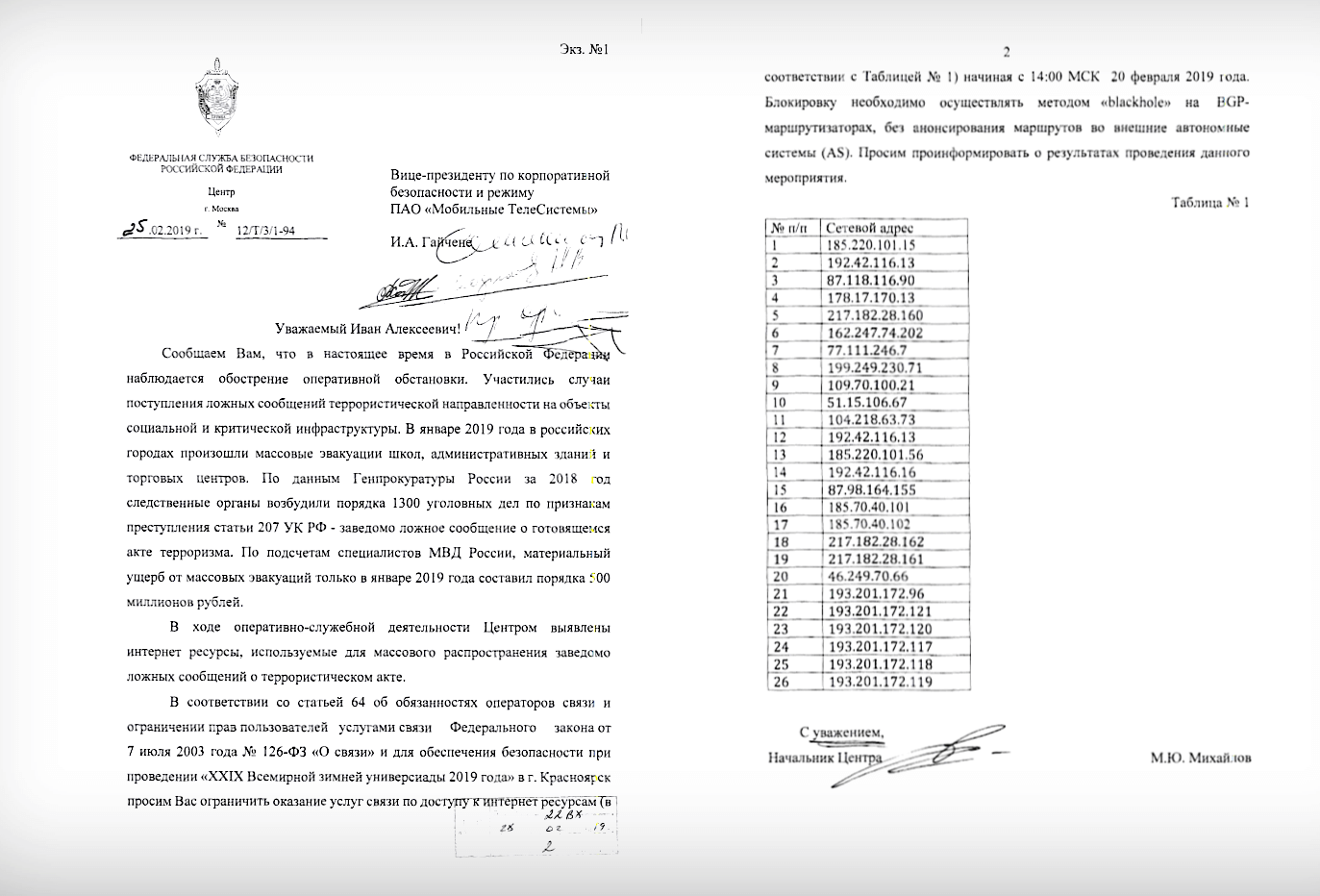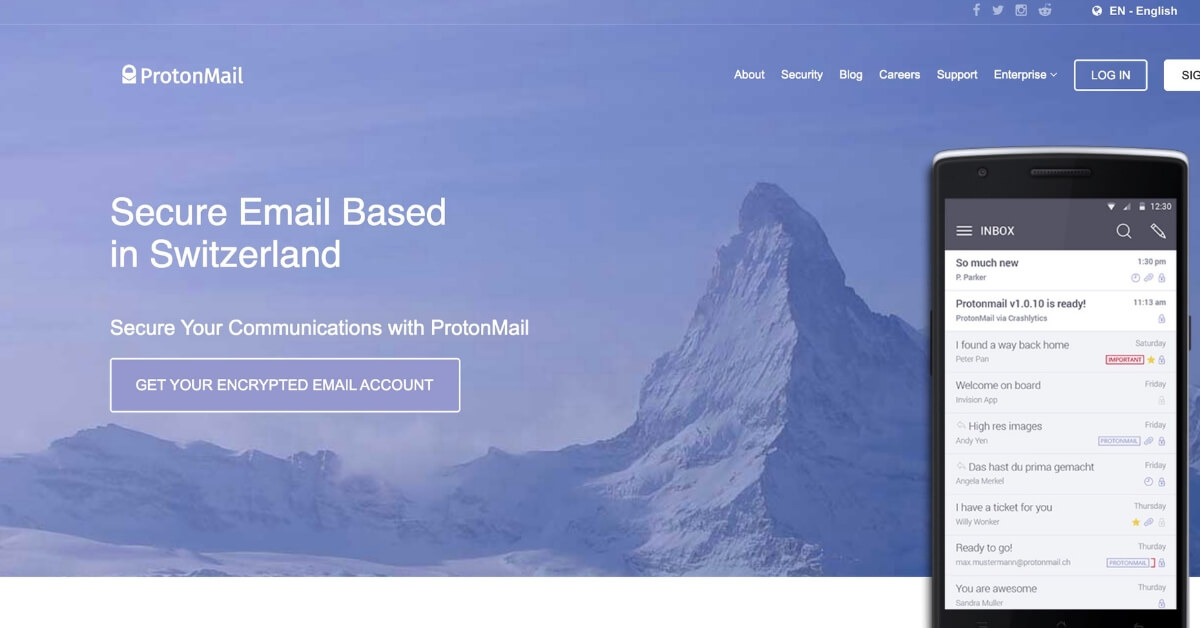Russia temporarily blocked the end-to-end encrypted email service provider ProtonMail after an order by the Federal Security Service. This block was initiated after ProtonMail and several email providers were accused of facilitating bomb threats. The Russian government is employing BGP back-linking and has blocked 26 internet addresses so far.
ProtonMail’s Chief Executive Andy Yen said that this sudden block seemed to be “particularly sneaky” in a mail to TechCrunch.

“ProtonMail is not blocked in the normal way, it’s actually a bit more subtle. They are blocking access to ProtonMail mail servers. So Mail.ru — and most other Russian mail servers — for example, is no longer able to deliver email to ProtonMail, but a Russian user has no problem getting to their inbox,” he said.
These developments came to light when a Russian language blog had released the order mentioning the block on ProtonMail and other providers. In January of this year, Russian police officers were sent several bomb threats through emails. These series of emails led to the evacuation of many schools and public places.
As a measure to battle these threats, the Russian government decided to trace the internet servers and addresses from which these emails were sent. 26 addresses have been blocked, among which even the servers that were employed by TOR.
The Kremlin has initiated this blocking in a rather unique approach. Instead of performing a straightforward blocking, they have chosen a rather indirect approach. Through BGP back-linking, they make the internet routers discard the incoming traffic to the destination. This way, you can send requests, but cannot receive any response from the other end of the website.
The Russian government was long known for its efforts that seemed to suppress the freedom of speech. In the guise of enhancing cyber security and protecting the country’s infrastructure, the Kremlin seems to be suppressing privacy-enhancing tools and technology.
Lately, Russia has been acting very stringently and acting against privacy and freedom of speech. Previously, Russia has warned to ban internet companies that do not share Russian data on servers that are located in Russia only.










